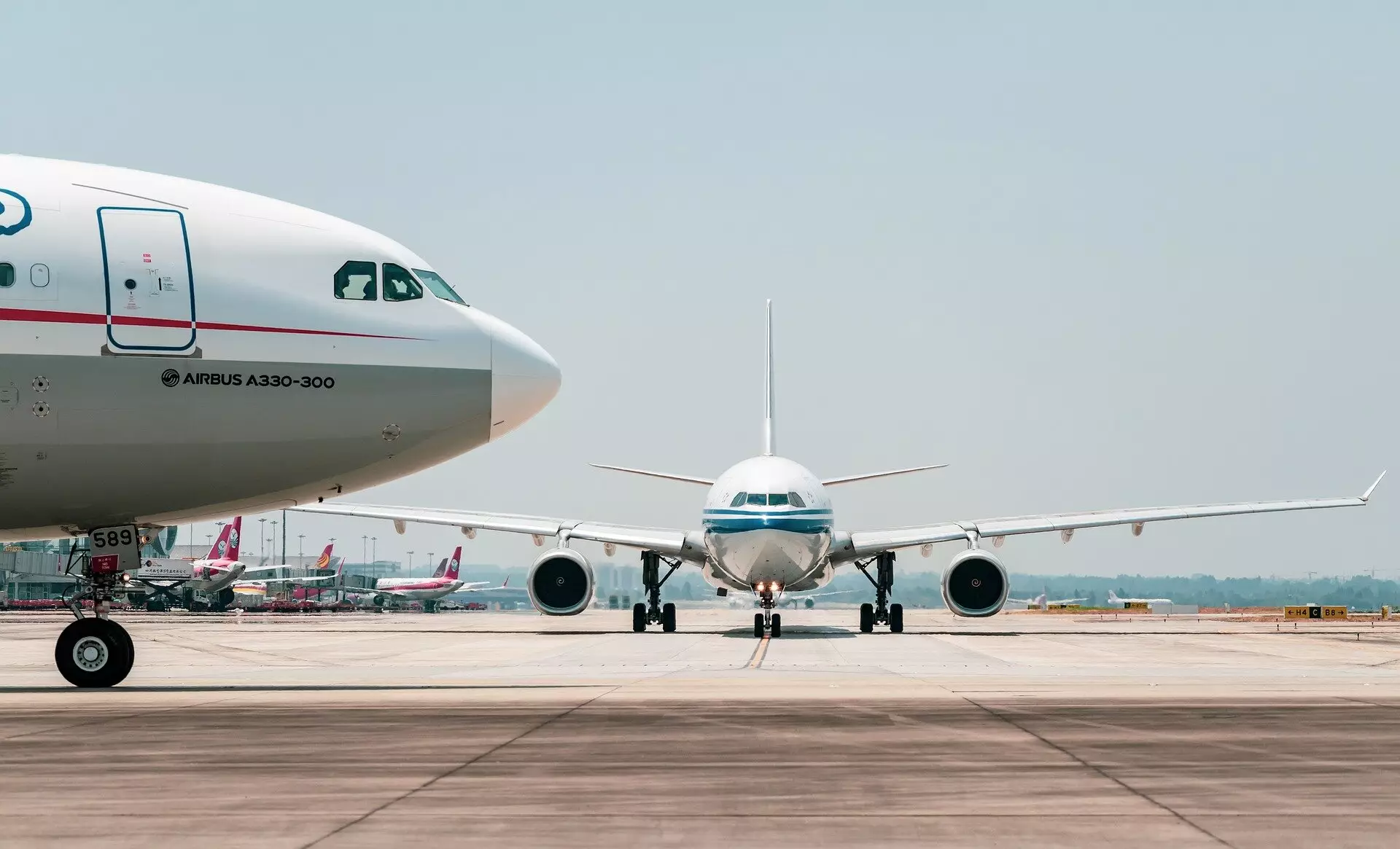The ongoing climate crisis has brought global attention to the necessity for various sectors, including aviation, to transform their operations in order to mitigate their environmental impact. Prompted by alarming evidence and increasing public scrutiny, Cambridge University has recently published a pivotal report titled “Five Years to Chart a New Future for Aviation.” This report aims to outline a pragmatic strategy to enable the aviation sector to achieve net-zero emissions by 2050. Despite the lofty aspirations proclaimed by government bodies and industry stakeholders, the findings reveal that the aviation sector is currently far from its emissions targets.
Four Strategic Goals for Sustainable Aviation
The report delineates four specific Sustainable Aviation Goals set for completion by the year 2030. The urgency and clarity of these goals underscore the critical steps required to change the trajectory of the aviation industry.
First, the report calls for the **acceleration of a global contrail avoidance system**, which could potentially cut aviation’s climate impact by up to 40%. The proposal emphasizes immediate testing and experimentation, aiming for results that can be replicated across entire airspace regions.
Second, it highlights the need for **policymaking that enhances overall system efficiency** within the aviation sector. By addressing collective inefficiencies that individual companies are unable to confront alone, this approach could halve fuel consumption by 2050. This strategy of concerted action across the industry could become the linchpin for achieving substantial emissions reductions.
Third, the reform of **Sustainable Aviation Fuel (SAF) policies** is vital as well. The report notes the importance of accounting for biomass limits across various sectors while simultaneously promoting renewable energy production. This dual approach would inspire market confidence and support the rapid growth of SAF production, ensuring its long-term sustainability.
The fourth goal revolves around the **launch of moonshot technology demonstration programs**. These programs are intended to rapidly evaluate new, transformative technologies, thereby hastening their deployment timeline. Each of these strategic initiatives signals an understanding that bold moves will be required if the sector hopes to navigate its climate challenges effectively.
One of the central tenets of the report is the assertion that immediate action over the next five years is non-negotiable. Without rapid implementation of these measures, the aviation sector risks failing to meet its 2050 net-zero emissions target, which could have dire consequences for global climate stability. Both Rob Miller, Director of the Whittle Lab, and Eliot Whittington, Executive Director at the Cambridge Institute for Sustainability Leadership, emphasize the necessity of an accelerated timeline to transform aviation.
The report essentially posits that aviation is at a critical junction—a moment reminiscent of the automotive industry’s shift towards electric vehicles. To avoid being eclipsed by emerging technologies and methods, the aviation industry must embrace innovation and adaptability with a sense of urgency.
Nevertheless, the report does not shy away from discussing the myriad challenges ahead. Discussions about sustainable aviation often oscillate between unreasonably optimistic views and a focus on the sector’s shortcomings. This dichotomy of perspectives can make it difficult to construct a coherent path forward. The modelling conducted by the Aviation Impact Accelerator offers a balanced view that outlines these challenges while also indicating that achieving decade-long emissions milestones is feasible when approached strategically.
The looming obstacles include regulatory burdens, technological uncertainties, and the ever-present dilemma of resource limitations. However, by framing these conversations within an evidence-based analysis, Cambridge University’s report moves beyond mere rhetoric, offering actionable insights grounded in scientific research.
As the aviation industry continues to grapple with its environmental legacy, the report from Cambridge University serves as a much-needed call to action. With a roadmap that identifies both achievable goals and the timeframe necessary for reaching them, the aviation sector has a unique opportunity to redefine its impact on the global climate. By fostering collaboration between industry leaders, policymakers, and research institutions, the sector can pave the way towards sustainable operations, ensuring not only its survival but also its active contribution to a healthier planet. The road to net-zero emissions by 2050 is daunting—but it is not insurmountable.


Leave a Reply